WASTE TRANSPARENCY
02-2020
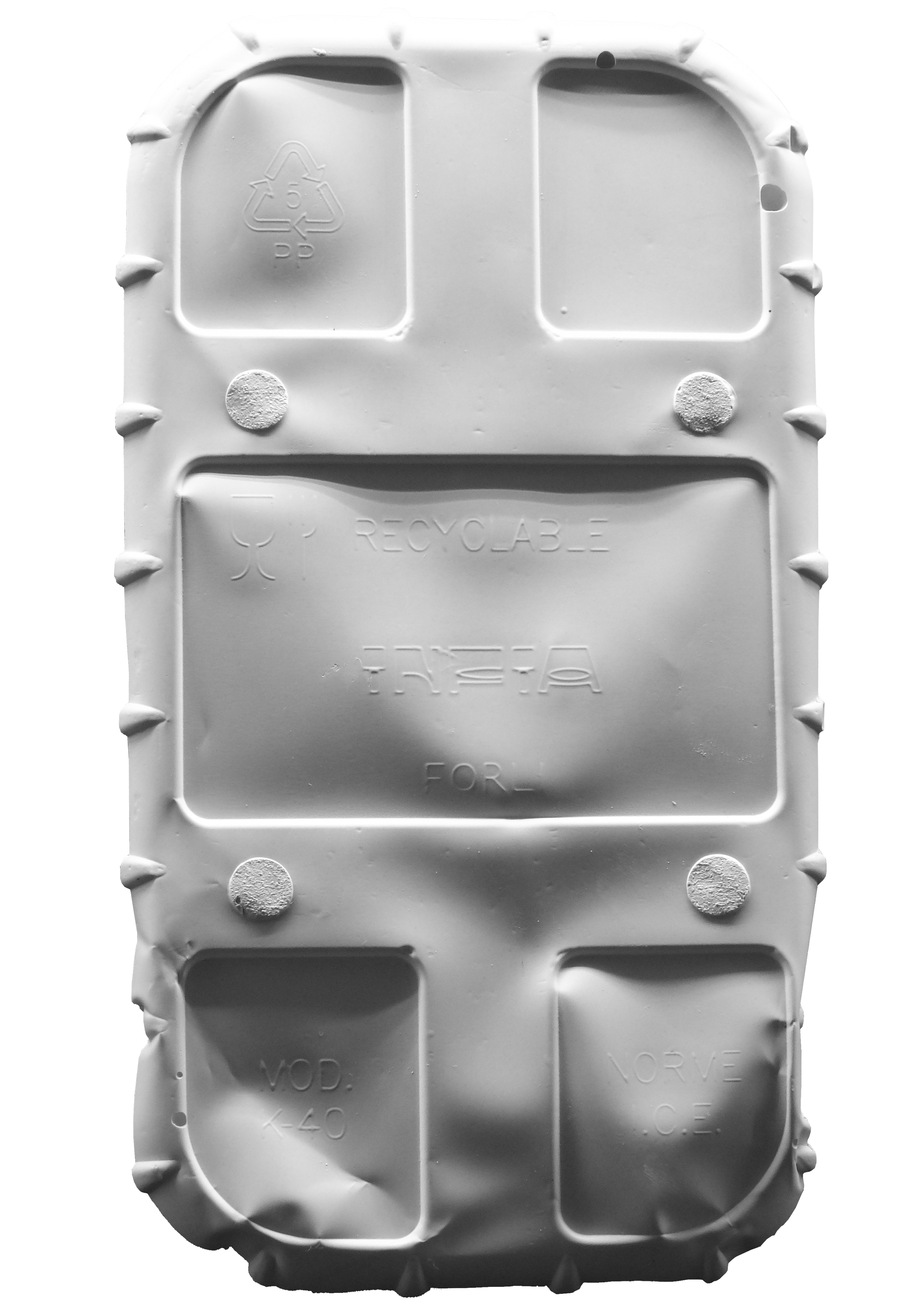
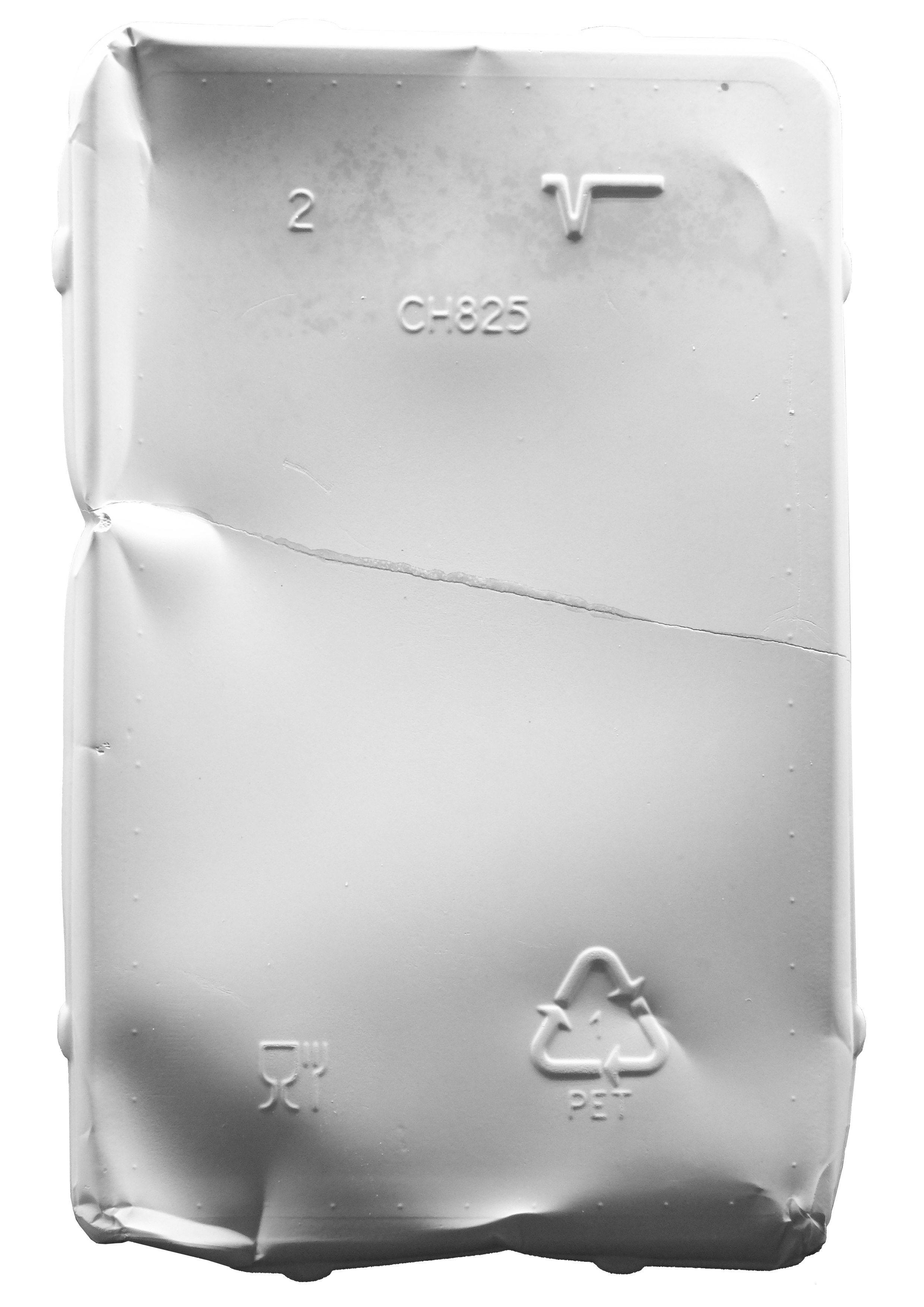

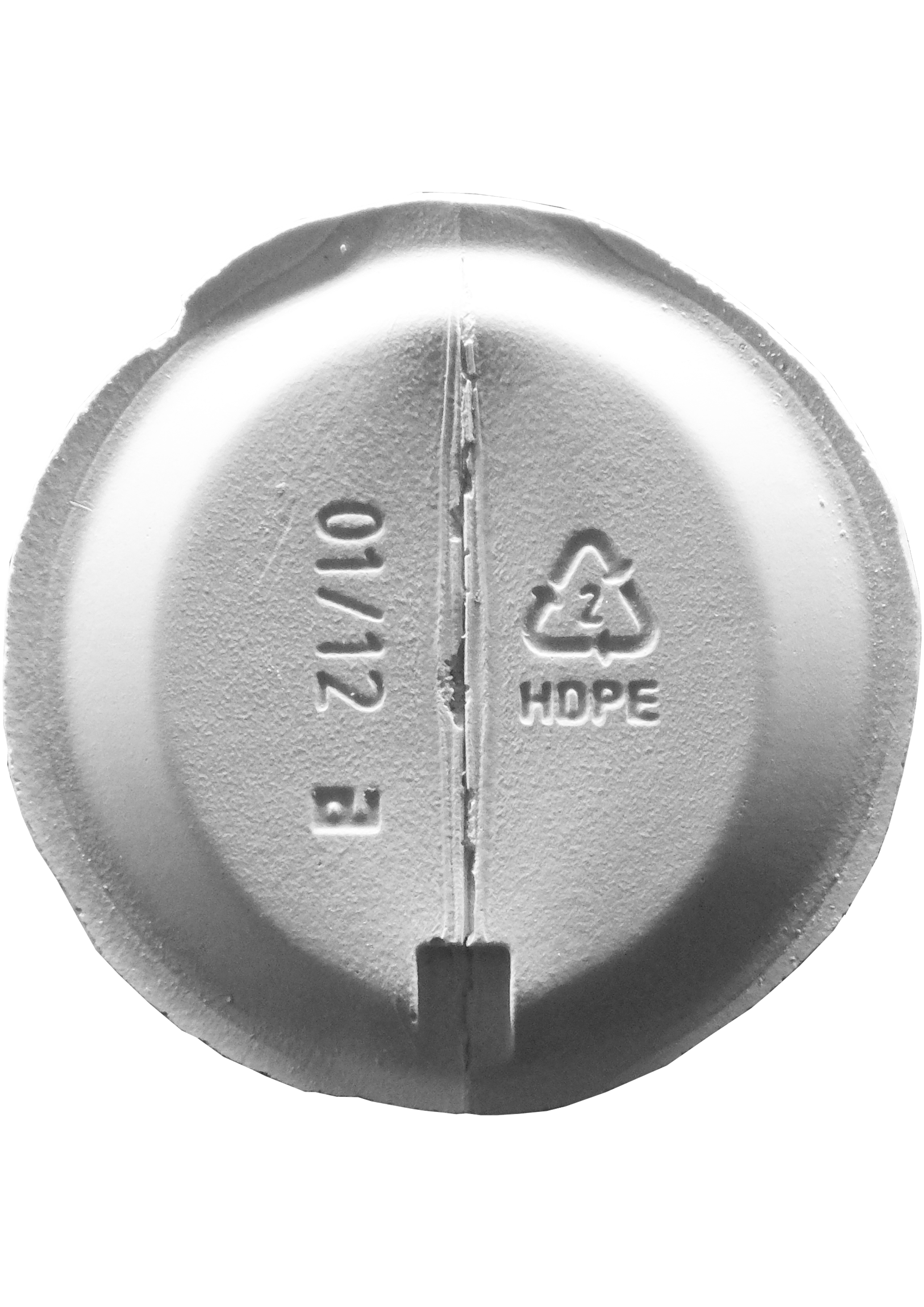


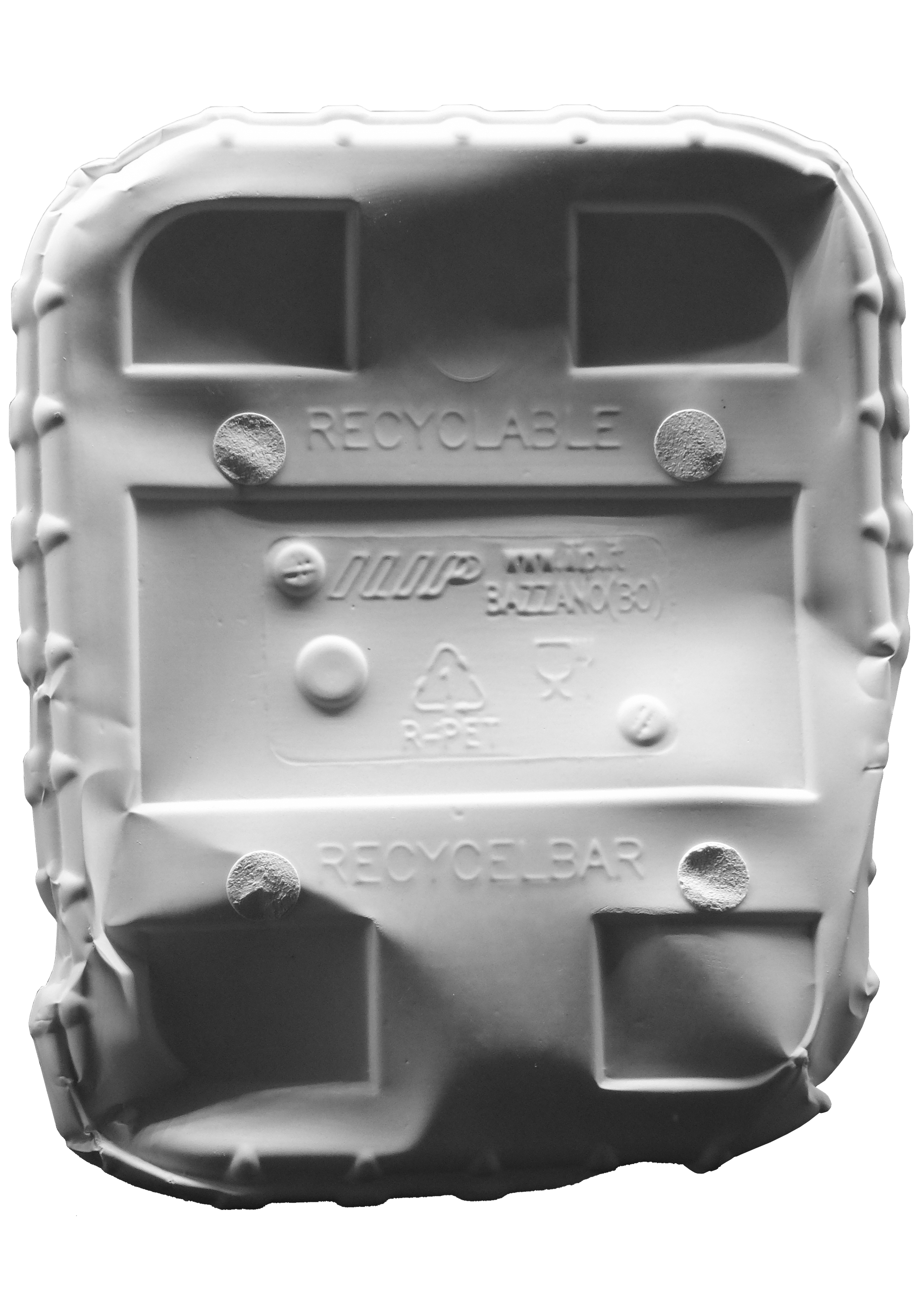



Research project in collaboration with
recycling company Renewi
There are many symbols printed on the pack- aging that have little to no meaning for consumers; on the other hand, the figures about plastic recycling found on the internet are often confusing – or even contradictory.
During my research, I noticed that lack of transparency. To get an overview of the landscape of recycling information I collected and archived my plastic waste for several days. The result was an archaeological catalogue which highlights and explains the symbols in question. Instead of being disposed of immediately, the plastic was thus given a place in the ever-growing archive of cryptic information; that exercise made me treat every piece of trash as a valuable piece of evidence.
This project, among other research work by my colleagues, was published in a book commissioned by Renewi, in which I also point out the problem of companies mitigating their real footprint with attractive data visualisations designed to appease the more conscious consumers. This raises an issue of how a promise of recyclability can become a marketing strategy that supports the interests of industry.
recycling company Renewi
There are many symbols printed on the pack- aging that have little to no meaning for consumers; on the other hand, the figures about plastic recycling found on the internet are often confusing – or even contradictory.
During my research, I noticed that lack of transparency. To get an overview of the landscape of recycling information I collected and archived my plastic waste for several days. The result was an archaeological catalogue which highlights and explains the symbols in question. Instead of being disposed of immediately, the plastic was thus given a place in the ever-growing archive of cryptic information; that exercise made me treat every piece of trash as a valuable piece of evidence.
This project, among other research work by my colleagues, was published in a book commissioned by Renewi, in which I also point out the problem of companies mitigating their real footprint with attractive data visualisations designed to appease the more conscious consumers. This raises an issue of how a promise of recyclability can become a marketing strategy that supports the interests of industry.





This project, among other research work by my colleagues, was published in a book commissioned by Renewi, in which I also point out the problem of companies mitigating their real footprint with attractive data visualisations designed to appease the more conscious consumers. This raises an issue of how a promise of recyclabiliy can become a marketing strategy that supports the interests of industry.